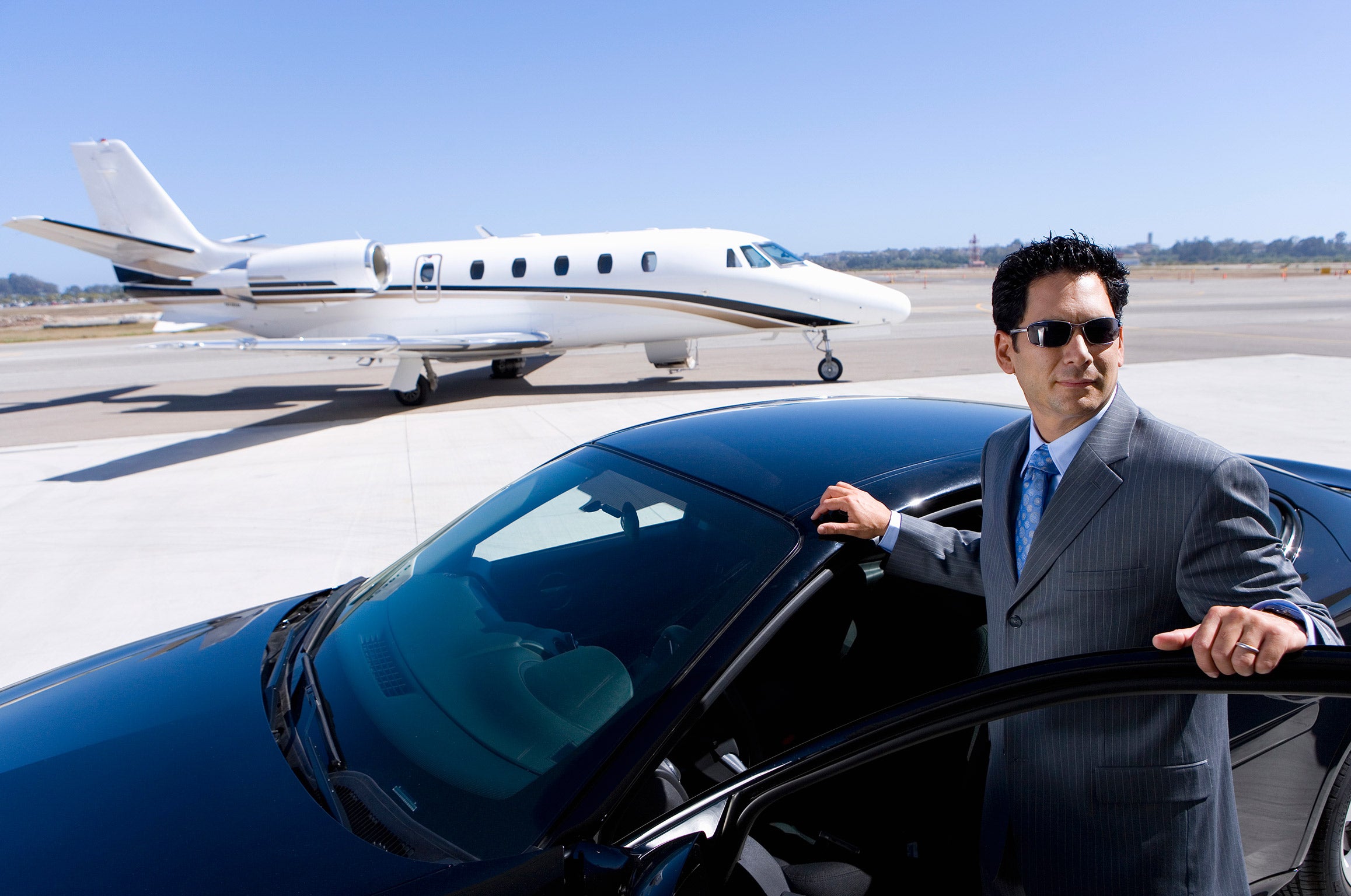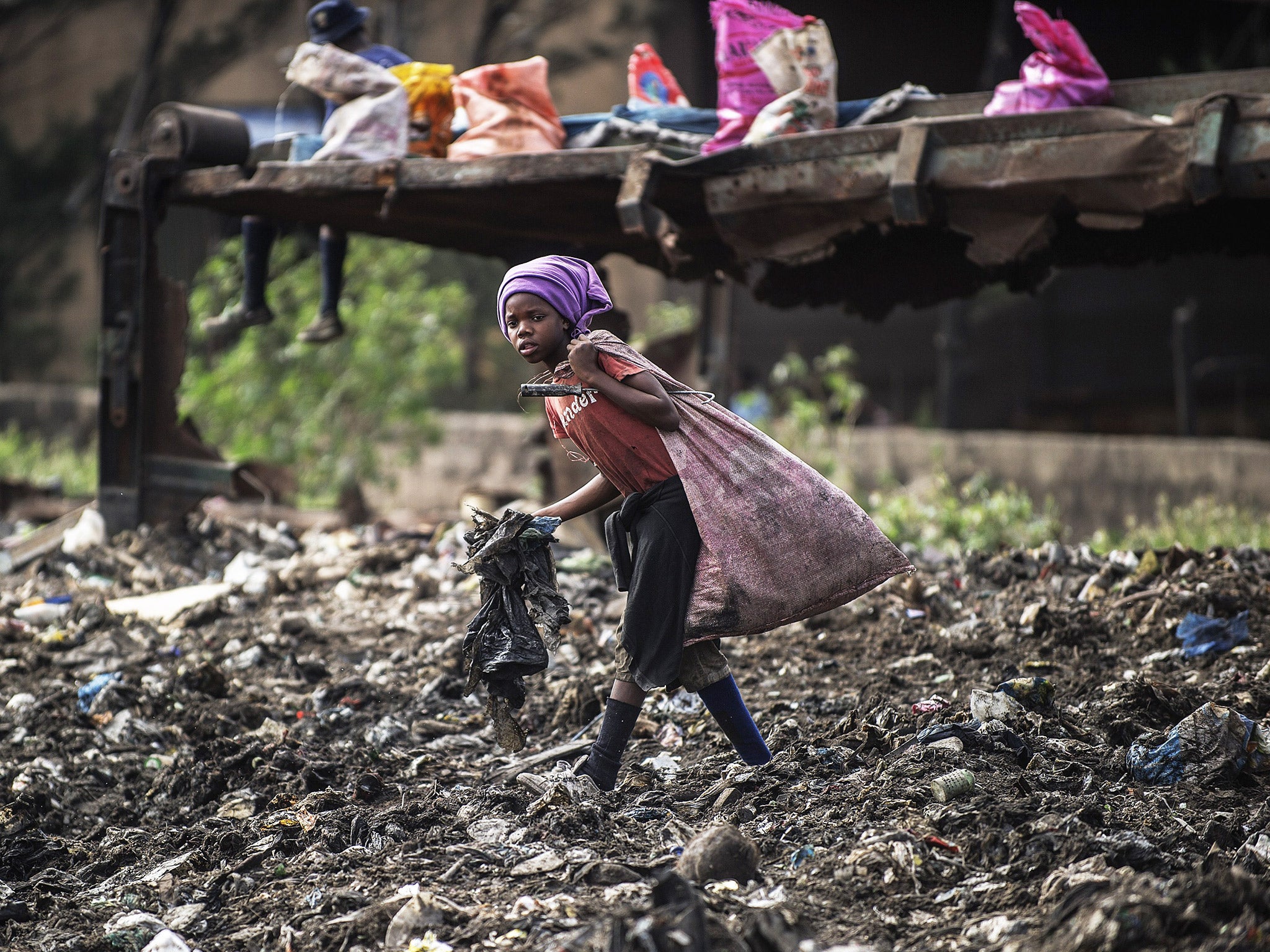Number of global billionaires has doubled since the financial crisis
Oxfam launches major new worldwide inequality report

Your support helps us to tell the story
From reproductive rights to climate change to Big Tech, The Independent is on the ground when the story is developing. Whether it's investigating the financials of Elon Musk's pro-Trump PAC or producing our latest documentary, 'The A Word', which shines a light on the American women fighting for reproductive rights, we know how important it is to parse out the facts from the messaging.
At such a critical moment in US history, we need reporters on the ground. Your donation allows us to keep sending journalists to speak to both sides of the story.
The Independent is trusted by Americans across the entire political spectrum. And unlike many other quality news outlets, we choose not to lock Americans out of our reporting and analysis with paywalls. We believe quality journalism should be available to everyone, paid for by those who can afford it.
Your support makes all the difference.The number of billionaires has doubled since the start of the financial crisis, according to a major new report from anti-poverty campaigners.
According to Oxfam, the world’s rich are getting richer, leaving hundreds of millions of people facing a life “trapped in poverty” as global “inequality spirals out of control”.
The report found that the number of billionaires in the world has more than doubled to 1,646 since the financial crisis of 2009, and Oxfam says is evidence that the benefits of a return to economic growth are “not being shared with the vast majority”.
The influential report is supported by Bank of England chief economist Andrew Haldane and Nobel Prize-winning economist Joseph Stiglitz. It notes that since 2009 one million women have died in childcare due to lack of basic health care, and that 57m children are currently missing out on any form of education.
The charity, which published the report as part of its new Even It Up campaign, also found that the richest 85 people in the world have the same wealth as the poorest half of the world’s population.
This group saw its wealth increase by a staggering £412m every day in the last year, while Oxfam now estimates that there are 16 billionaires in Sub-Saharan Africa, where 358m people live in extreme poverty.
Mark Goldring, Oxfam’s chief executive, said: “Inequality is one of the defining problems of our age. In a world where hundreds of millions of people are living without access to clean drinking water and without enough food to feed their families, a small elite have more money than they could spend in several lifetimes.
“The consequences of extreme inequality are harmful to everyone - it robs millions of people of better life chances and fuels crime, corruption and even violent conflict. Put simply, it is holding back efforts to end poverty."

Earlier this month the OECD said global inequality was at its worst levels since 1820. It said that the “great divergence” between the global rich and poor was one of the most “worrying” developments in the last 200 years.
This new Oxfam report echoes the grim picture painted by the controversial bestselling author Thomas Piketty in his book Capital in the Twenty-First Century. In response the charity to growing inequality, the charity is now calling on governments to tackle tax evasion and to invest in public services, as well as introducing equal pay legislation to give women a “fair deal” and to introduce a living wage for all workers.
By calling for a shift of taxation from labour towards wealth and capital, the charity risks being attacked by those on the economic right, who accuse it of politicising the international debate surround poverty.
However while the report notes that it’s “necessary to offer fair reward for talent and hard work” it argues a growing consensus is emerging that extreme levels of inequality are economically as well as socially damaging.
This comes after the governor of the Bank of England warned in May that capitalism risked destroying itself if bankers failed to realise they have a moral obligation to create a fairer society.
He said: “Just as any revolution eats its children, unchecked market fundamentalism can devour the social capital essential for the long-term dynamism of capitalism itself.”
Mr Haldane agreed, saying: “In highlighting the problem of inequality Oxfam not only speaks to the interests of the poorest people but also the wider collective interest: there is rising evidence that extreme inequality harms, durably and significantly, the stability of the financial system and growth in the economy. It slows development of the human, social and physical capital necessary for raising living standards and improving well-being.”
Join our commenting forum
Join thought-provoking conversations, follow other Independent readers and see their replies
Comments